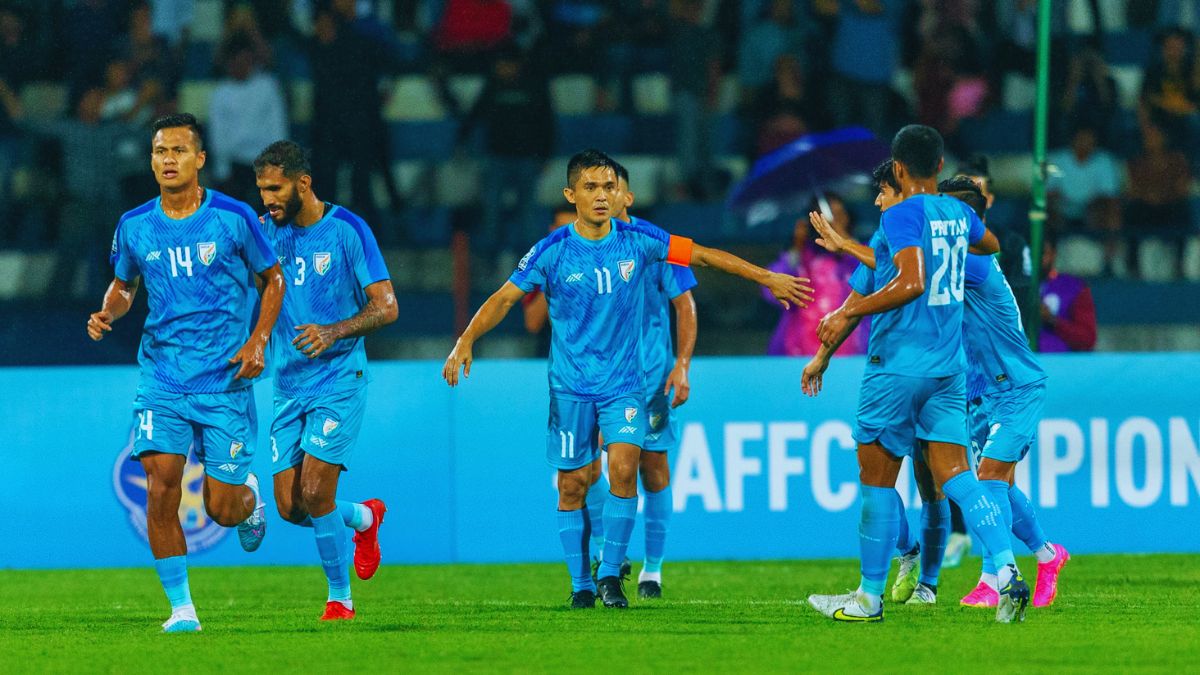Athletes from all across Asia compete in the multi-sport Asian Games, where football has a long and illustrious history. The first Olympics, held in New Delhi, India, in 1951, marked the introduction of the sport. Since that time, football has constantly been among the most eagerly anticipated and well-liked Asian Games competitions.
Over time, the Asian Games have given Asian footballing nations a large stage on which to compete and display their talent. Along with showcasing recognized footballing giants like South Korea, Japan, and Iran, the tournament has also seen the development of underdog teams that have stunned and impressed the world with their exploits.
Also Read: History of Diving Event at Asian Games: India’s Diving Performance
Football has had its share of happy and sad events throughout its Asian Games history. The competition has produced historical matchups that typically reflect the fierce rivalries and fervent fan bases that exist across the continent.
Growing competition and a boost in domestic talent have been hallmarks of football’s development within the Asian Games. As football became increasingly popular throughout the continent, more nations started to invest in improving their youth programs and infrastructure.
Asian players have found success in elite European football teams as well as in their regional leagues as a result of this investment, which has boosted overall quality. But there have been difficulties along the way for football at the Asian Games.
The overall quality and participation have occasionally been hampered by problems, including scheduling conflicts with other significant international events and the disparities in development across Asian countries. However, the Asian Games are still a crucial venue for developing young athletes.
Women’s football has been more popular at the Asian Games in recent years, reflecting the growing significance of gender equality and female representation in sports. The women’s football competition has promoted the development and potential of female athletes throughout Asia, assisting in the expansion of women’s football internationally.
Football’s history at the Asian Games is a tribute to the game’s enduring appeal and its capacity to bring various nations together through rivalry and companionship. Football has been an integral part of the Asian Games’ cultural and sporting scene since it first debuted in 1951, providing a legacy of great events and motivational tales of triumph and tenacity.





